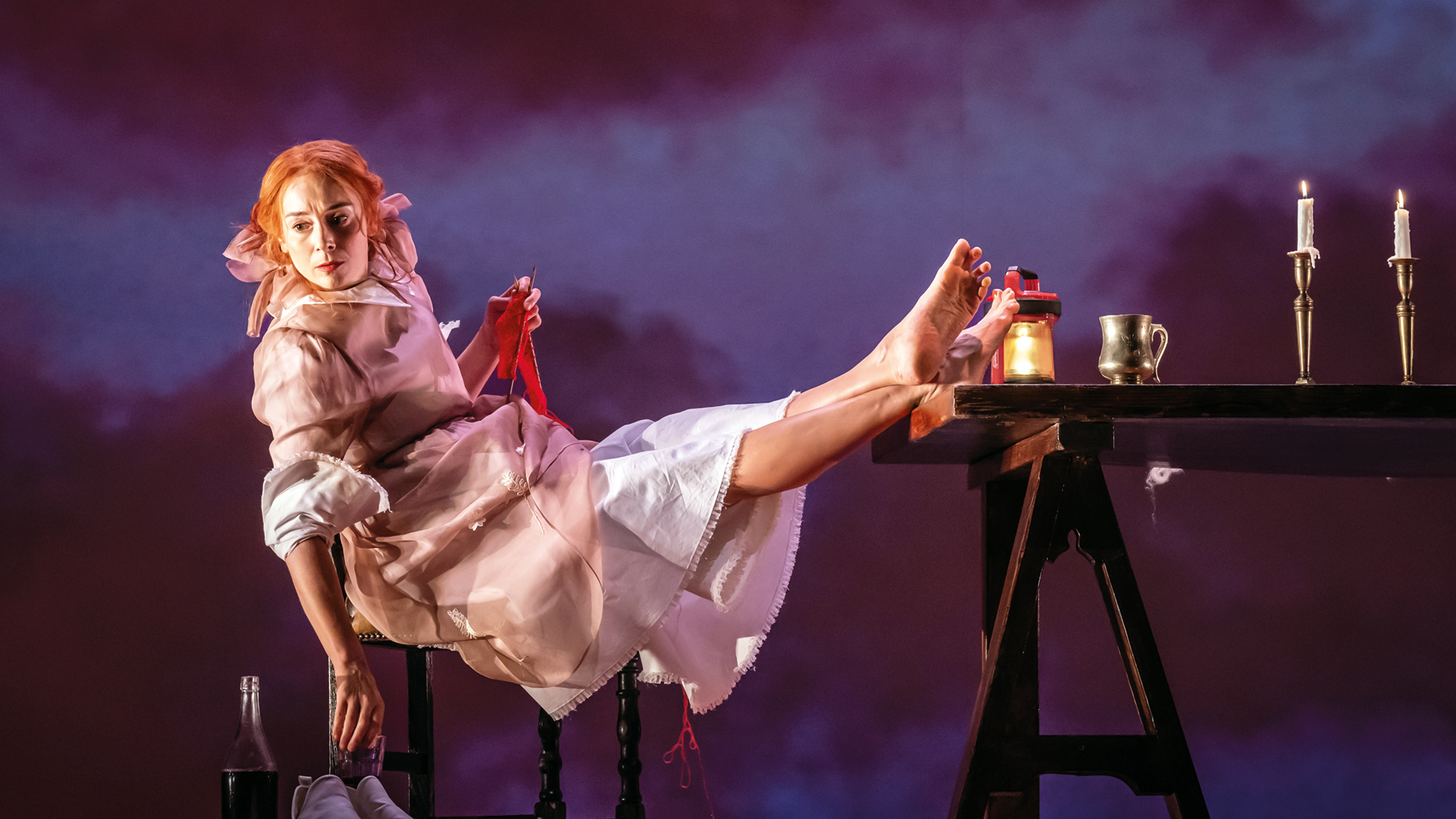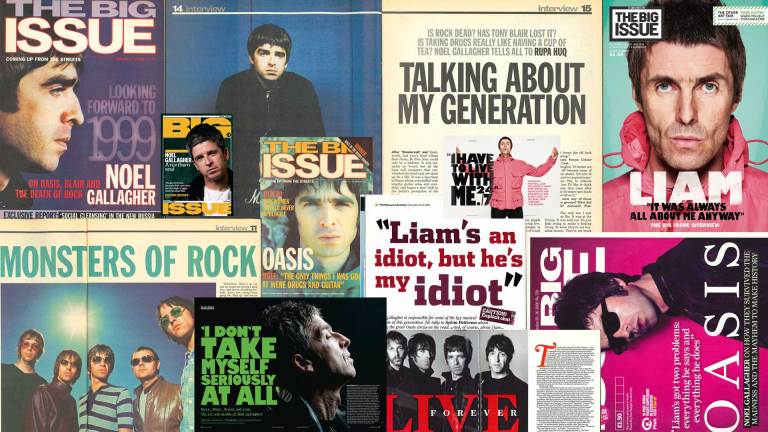Seconds, minutes, hours. A day. In technical terms, the passage of time is constant, but our experience of it varies greatly. An hour waiting for anticipated news might feel like days; a wonderful evening can pass in the blink of an eye. It’s a powerful theme for an opera, and, in the case of Violet – composed by Tom Coult and written by Alice Birch – it is a particularly poignant one.
The work has just been premiered at Aldeburgh Festival in Suffolk, having been due to be staged there in 2020 – a year when time became elastic, jumping forward in great bursts while simultaneously crawling past in slow motion. The minute hand appeared to be the only being in control, setting her unpredictable pace.
And so it is in Violet, where the eponymous character begins to sense that time is moving of its own accord. Set in a near-present dystopia, Violet is stuck in a loveless marriage with little purpose or will to live. Hours mysteriously disappear, unnoticed initially by anyone other than Violet. As each day becomes truncated, society starts to crumble.
Without the usual schedule – ‘men work from nine until five’ and ‘women cook and clean and sew and play music and practise their calligraphy and tend to the children’ – roles disintegrate. As chaos ensues, Violet finds a secret strength.
Coult’s magnificent score, performed by the London Sinfonietta with Anna Dennis (Violet), Richard Burkhard (Felix), Frances Gregory (Laura) and Andrew MacKenzie-Wicks (The Clock Keeper), twists and turns around a percussive motif that evokes the town’s out-of-control clock tower. Violet (co-produced by Britten Pears Arts, Music Theatre Wales and the Royal Opera) tours to Mold Theatr Clwyd (June 19); London Hackney Empire (June 23) and Buxton International Festival (July 18).
The passing of time – seven decades to be exact – is a key theme across concert halls just now. Although our current monarchy has long been criticised for its engagement with the arts, historically the crown has always been associated with music – from Greensleeves to Händel’s Zadok the Priest, composed for the coronation of King George II in 1727 and recently popularised after being featured in Elizabeth II’s coronation scene in The Crown.










